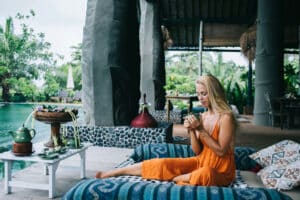A Journey Within and Beyond Relapse
 Most of us who work in addiction treatment have had the deeply unsettling experience of looking into the eyes of someone who is completely, totally certain that they will never drink or use again – only to hear within less than a year that this person has been overtaken by their disease again. Those of us with addiction in our families know it in an even more intimate way – the curious, exasperating, and crushing way that the disease returns to claim someone we love, even after hard work, copious tears, and sincere intentions have been committed by all. Those of us with addictions and compulsions know it in the most direct way of all – having a solid relapse prevention plan is key to long-lasting sobriety.
Most of us who work in addiction treatment have had the deeply unsettling experience of looking into the eyes of someone who is completely, totally certain that they will never drink or use again – only to hear within less than a year that this person has been overtaken by their disease again. Those of us with addiction in our families know it in an even more intimate way – the curious, exasperating, and crushing way that the disease returns to claim someone we love, even after hard work, copious tears, and sincere intentions have been committed by all. Those of us with addictions and compulsions know it in the most direct way of all – having a solid relapse prevention plan is key to long-lasting sobriety.
We have witnessed our own deeply unexplainable enslavement to destructive, irrational cycles. Deceptively, we may have had intermittent periods of sanity – just enough, perhaps, to convince us that the problem does not really exist. In moments of insight, however, those lucky enough to awaken to our enslavement can see that overall, we have traversed a limited, redundant path. In times of clarity the witnessing parts of us may shine through to our consciousness with the realization that our destinies have been controlled by something which is not really us. Something in us sees that our will has not been our own.
In our weekly relapse prevention plan program, we start by asking clients how THEY would explain the relapse phenomenon. How can it happen that a person, who, sitting in the safe confines of rehab, is completely sure that they are done forever, could have a change of state? Why the return to irrationality so soon after treatment? One tautological answer is that relapse is a symptom of the disease. A pattern of return to deterioration after periods of abstinence is one of the typical signals of addiction in the first place.
But no matter how close neuroscientists and geneticists get to the etiology of addiction, their approach is asymptotic. Psychology is no better – despite myriad attempts, a satisfying explanation for the origin of this heartbreaking condition remains at large. So, we are left just with the observable facts: for whatever reason, by the time a person is symptomatic, presenting the hallmark signs of addiction, she cannot guarantee her own consistency of will or choice. A person with addiction can no more guarantee how she will behave in two days, than she can guarantee how she will be in 20 years.
This is because, through the process of addiction, our minds became open portals to thoughts that do not belong to us, but rather are generated by our disease. Our emotions were replaced by passions and torments originating in the unquenchable quality of physiological craving. Our body signals, designed to tell us what we need in every moment for optimal physical well-being, were hijacked by addiction, and can no longer be trusted to give accurate information about what we need. The frightening thing is that, however obvious our addiction may have been to others, it was not that obvious to us.
Like frogs in the proverbial pot of slowly warming water, we didn’t notice what was happening to us or think to jump out of the water in time, until one day we found that the person we always thought of as “me” had been replaced by an addict. Mercifully, there is an antidote. In recovery, we learn to regain sanity through the support of others, in 12-Steps and other recovery meetings, and through the personality change, via spiritual awakening, that happens when we work the 12-Steps. That personality change and spiritual awakening make it possible to have a daily relationship with a power greater than ourselves, who can now be in charge of our lives, since “me”, along with its usual thoughts, feelings and physical sensations, is in the clasp of addiction.
Over time, we experience more and more release from the bondage of the disease, and regain our thoughts, feelings, and bodies, but this is contingent upon sticking close in a daily way to that life-saving, personality-altering benevolent force. A few weeks into residential treatment, when we’ve had a chance to rise above the fogbank of our poisonous addictive desires, we see what actually needs to happen for us to make it out of the hell realms our addiction brought us to. We must make a strong relapse prevention plan while we have that clarity.
While surrounded by loving sane people, we need to set things up for ourselves in a way that we are likely stick to, no matter what. We should not expect our willpowers to work very well, but rather rely on habit and the simplicity of following a repeatable structure. We put one foot in front of the other for a good long while before we evaluate or make changes. We give our brains a respite from having to grapple with choice, so that our neural pathways can cement in the direction we really intend them to. In our relapse prevention plan program, we make a kind of wilderness survival plan for what happens after treatment.
Where we will live, and with whom. What type of contact we will have with friends, loved ones, and work colleagues. What our days will be like. We plan for “taking the medicine” for our disease: attending 12-Steps or other recovery community meetings and continuing to work at clearing out the disease. We build a plan around our outpatient treatment schedule. We also develop a personal protocol for handling triggers. We pre-plan which tools we will use in the moment of being activated. We lay down track to follow automatically, that will help us act in time to protect ourselves.
Mindfulness-Based Relapse Prevention Plan and Program for Women
At Villa Kali Ma, we help each woman assemble a comprehensive, livable plan that can be the blueprint for life after treatment, using the power of:
-
- Mindfulness-Based Relapse Prevention
- Addiction Recovery Planning
- DBT Skills and Tools
- And more
On her final day, each graduating member shares her plan with her peers and staff – for the extra sanity check, loving challenge and validating recognition of her true intentions. Please know you are warmly welcomed here at Villa Kali Ma, to come make plans for your freedom from addiction. Know that you can design your life plan from a place of true self-love, with support and wisdom from women recovering all around you.



